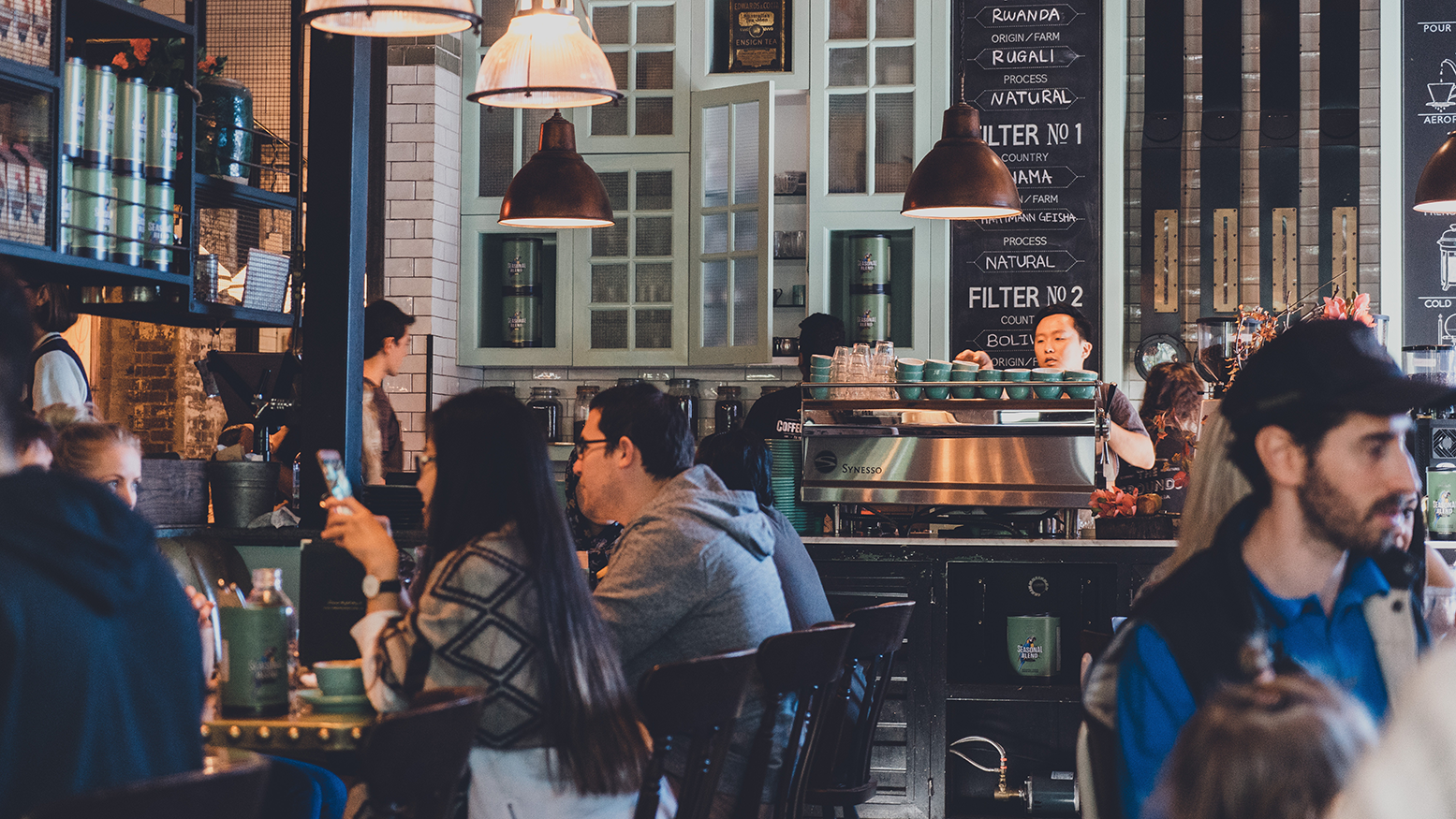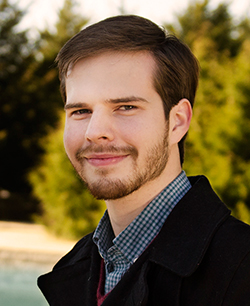What would life be like if we only checked social media once a day? How about once every week? How would our lives change if we spent more time on what we actually need instead of being pacified by the things we don’t need?
If I had been asked those questions as a teen, I would have panicked. “Life with less social media? That’s crazy! I need it!”
“Need.” It’s a word we tend to overuse. In the same conversation, we may talk about needy children across the ocean and our need for a new phone (when the old one is just fine). We understand what the word means, but we never stop to ask what the word applies to in our own personal lives. I believed I needed social media, but my reasons for needing it were weak. I certainly didn’t need social media, but I craved the pacification I received from it. It was, at the very least, the beginnings of an addiction.
Years later, I have cut a majority of social media out of my life. I have a Facebook account, but I rarely post anything. Most of my social media experience is from YouTube, and I’m trying to cut back on that as well. I have learned that most of what people say they “need” from social media aren’t really needs. They are “wants”.
“I need the news.”
One of the positives of social media has always been the access it provides to various news sources, and many times a ground-level perspective on important events. With this often comes a sense of civic responsibility, as if knowing every little detail of everything that happens makes you a better citizen. But does understanding who won the election of a country overseas make you more valuable to the people in your circle of influence? Does knowing what someone important said on Twitter make you better equipped to handle the issues you face throughout your day? Or are these things simply entertaining to you?
Certainly, being informed is important and essential to being a good steward of where you have been placed. But not all information is essential. You don’t need all the news. You need to identify the news that is actually relevant to you. If you personally can’t do anything to improve a situation, you don’t “need” to know everything about it.
“I need to stay up to date with the culture.”
When I revisited what I was following on social media, I was surprised by how many things I was following that was in no way relevant to my life. Artists, celebrities, social media influencers, and groups that I may have been interested in for a short period of time were filling up my feeds, keeping me from focusing on the things that I actually valued. Even then, it was hard to unfollow these things. I had a strange fear that if I disconnected from the culture then I myself would become irrelevant.
Rushing madly to stay up to date with everything happening around us isn’t a sign of being responsible or relevant. In fact, if all we’re doing is consuming what the culture is producing, how can we expect to produce anything ourselves? Maybe “keeping up” with the culture is what is keeping us from being relevant.
Here is where social media can be an incredibly useful tool. Instead of using it to consume, we can use it to augment our own creativity and voice and change the culture around us. Instead of being a follower, we can be the people that others want to follow. What better way is there to become relevant to the culture?
“I need to be connected with my friends and family.”
To be honest, this is the only reason I’m still on Facebook. I’ve reduced the things I follow to close friends and family only, and the result has been far less digital noise and clutter taking up space in my life. It has allowed me to focus on the things that are actually important and not be distracted by things that add no value to my life, spiritually or otherwise.
However, even friends and family can become an excuse to use social media as a pacifier. While it is good to remain connected with the important people in our lives, we don’t need to be constantly updated about everything they do. Going two or three days without spending time on social media is not only possible, but it is also healthy.
Here’s a challenge: Delete your social media apps for three days. What’s the worst that could happen? The less we feed the desire to pick up our phones and kill time by scrolling aimlessly through the stream of pictures and updates the more we will find that we don’t need it at all. We would be just fine without social media.






